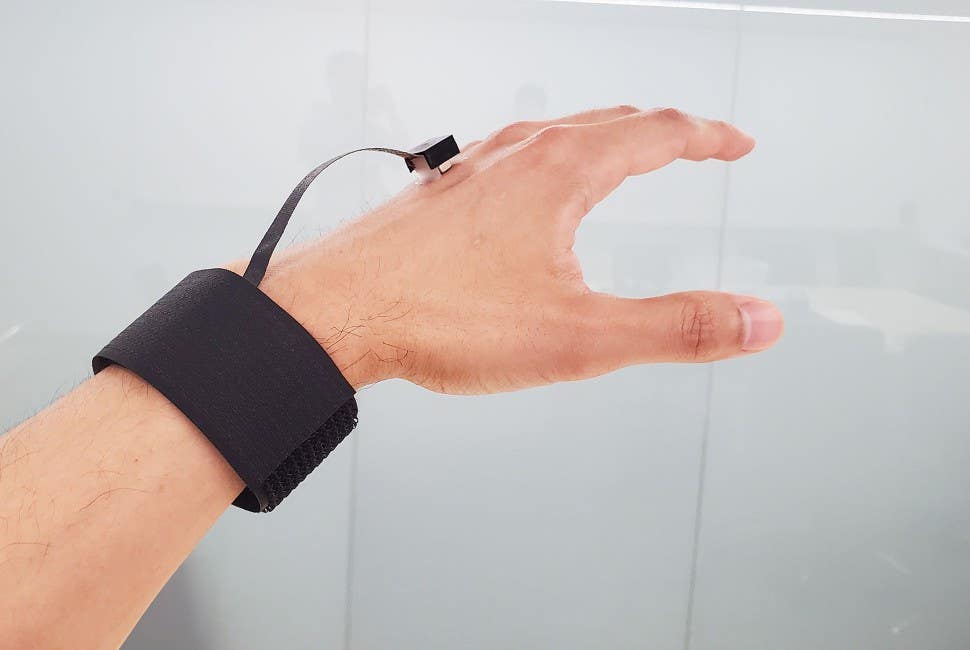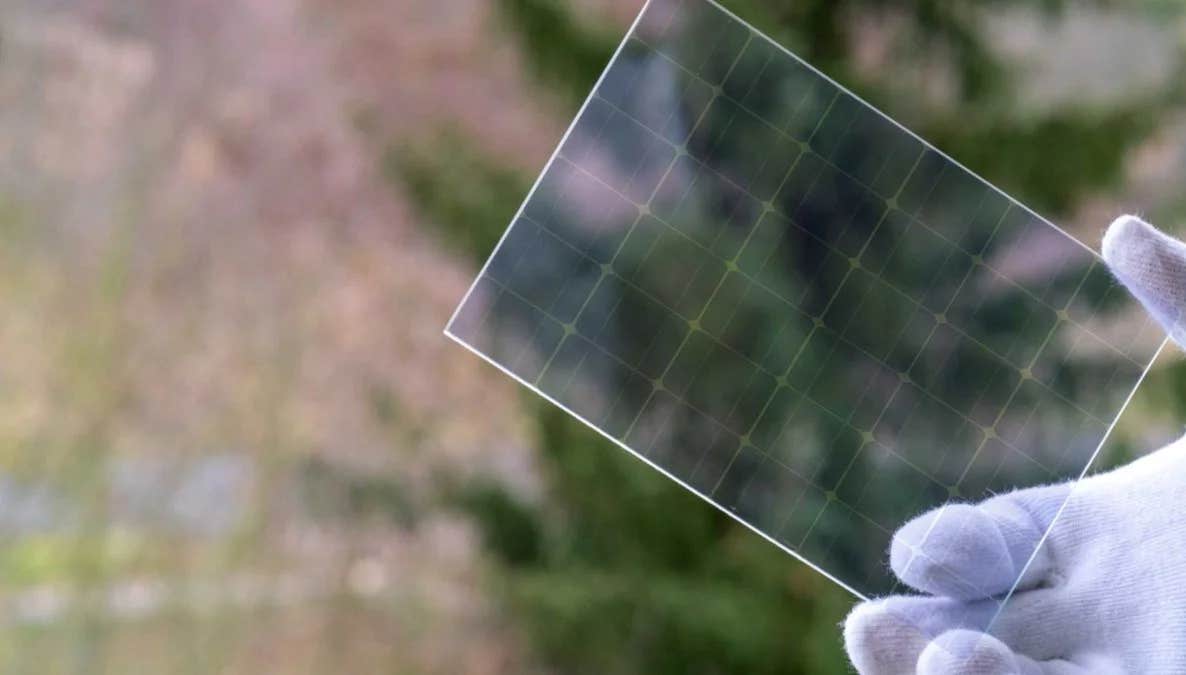Gamechanging drug can prevent osteoarthritis, study finds
Oxford researchers have identified that Talarozole, a drug that is known to increase retinoic acid, was able to prevent osteoarthritis.

[Jan. 24, 2023: Josie Eade, University of Oxford]
Researchers at the University of Oxford has identified that Talarozole, a drug that is known to increase retinoic acid, was able to prevent osteoarthritis. (CREDIT: Creative Commons)
A new study, published in Science Translational Medicine by researchers at the University of Oxford has identified that Talarozole, a drug that is known to increase retinoic acid, was able to prevent osteoarthritis (OA) in disease models.
About half of all women and one-quarter of all men will experience the stiffness and pain of osteoarthritis (OA) of the hands by the time they are 85 years old. A degenerative disease that affects all the tissues of a joint, OA leads to the breakdown over time of the smooth, protective cartilage on the ends of bones, so bones rub together, causing pain. The 29 bones of your hands and wrists come together to form many small joints that can be affected by OA.
Tonia Vincent, Professor of Musculoskeletal Biology & Honorary Rheumatologist at Oxford’s Nuffield Department of Orthopaedics, Rheumatology and Musculoskeletal Sciences (NDORMS), said: ‘Hand osteoarthritis is a common and debilitating medical condition that affects mainly women, especially around the time of the menopause. We currently have no effective treatments that modify their disease.’
The researchers started by investigating a common gene variant that had been linked to severe hand OA. Using patient samples collected at the time of routine hand surgery, as well as a number of experimental models, they were able to identify a key molecule that was especially low in ‘at risk’ individuals, called retinoic acid.
Related Stories
More than 40% of individuals will develop osteoarthritis (OA) during their lifetime. Hand (OA) is an extremely common form of OA and there are currently no disease modifying treatments that effectively relieve symptoms or stop deformity and stiffness of the joints.
Professor Vincent added: ‘This project was only possible because of the multi-disciplinary approach that we took; working with our hand surgical colleagues, geneticists, data scientists and biologists.’
As talarozole has an acceptable safety profile in human subjects, a small proof of concept clinical study is underway to see whether this drug might represent a new disease modifying treatment in patients.
Talarozole prevents the drop of atRA-responsive genes after injury and suppresses injury-induced inflammatory genes. (CREDIT: bioRxiv)
Dr Neha Issar-Brown, Director of Research and Health Intelligence at the charity Versus Arthritis, which funded the research, said: ‘Around 8.5 million people in the UK live with OA. Despite often being dismissed as just a few aches and pains, OA can have a profound and far-reaching impact on life, affecting people's ability to work, care for a family, or live independently.
‘There is an urgent need for disease-modifying treatments designed to prevent or reverse the painful symptoms of OA. This study reveals a new understanding of the causes of hand osteoarthritis, which could lead to identifying new biological targets for intervention in hand OA.
Gene regulation in cartilage from people with hand OA after stratification by polymorphic variants in ALDH1A2. (CREDIT: bioRxiv)
‘This research is still at an early stage, but with these encouraging findings we are a big step closer in being able to develop a new class of disease-modifying drugs to treat osteoarthritis, prevent chronic pain, and enable people to live well with the condition,’ Dr Issar-Brown concludes.
Symptoms of osteoarthritis
According to the Mayo Clinic, osteoarthritis symptoms often develop slowly and worsen over time. Signs and symptoms of osteoarthritis include:
Pain. Affected joints might hurt during or after movement.
Stiffness. Joint stiffness might be most noticeable upon awakening or after being inactive.
Tenderness. Your joint might feel tender when you apply light pressure to or near it.
Loss of flexibility. You might not be able to move your joint through its full range of motion.
Grating sensation. You might feel a grating sensation when you use the joint, and you might hear popping or crackling.
Bone spurs. These extra bits of bone, which feel like hard lumps, can form around the affected joint.
Swelling. This might be caused by soft tissue inflammation around the joint.
Causes of hand osteoarthritis
According to the Arthritis Foundation, osteoarthritis usually occurs later in life, with no specific cause. But several factors can play a role, including:
Age: the older you are, the more likely you are to have hand OA.
Sex: women are more likely to be affected than men.
Race: whites are more often affected than African Americans.
Weight: obese people are more likely to have hand OA than thinner people.
Genes: some people inherit the tendency to develop osteoarthritis, usually at a younger age.
Injuries: Even when properly treated, an injured joint is more likely to develop OA over time. Fractures and dislocations are among the most common injuries that lead to arthritis.
Joint issues: Joint infections, overuse, loose ligaments, and poorly aligned joints can also lead to hand or wrist arthritis.
Note: Materials provided above by University of Oxford. Content may be edited for style and length.
Like these kind of feel good stories? Get the Brighter Side of News' newsletter.
Joseph Shavit
Head Science News Writer | Communicating Innovation & Discovery
Based in Los Angeles, Joseph Shavit is an accomplished science journalist, head science news writer and co-founder at The Brighter Side of News, where he translates cutting-edge discoveries into compelling stories for a broad audience. With a strong background spanning science, business, product management, media leadership, and entrepreneurship, Joseph brings a unique perspective to science communication. His expertise allows him to uncover the intersection of technological advancements and market potential, shedding light on how groundbreaking research evolves into transformative products and industries.



